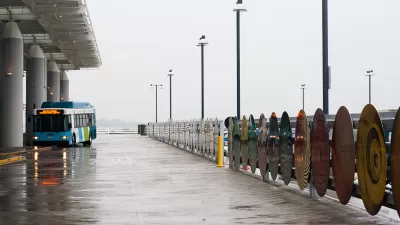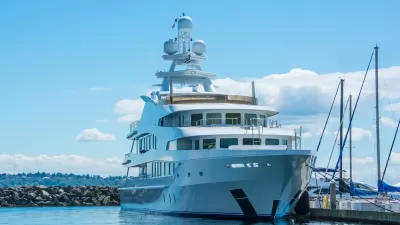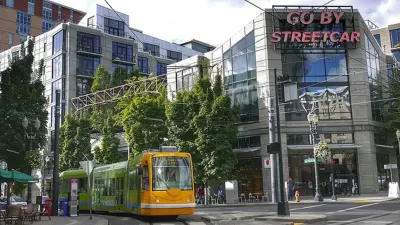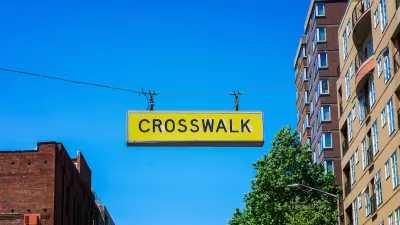The reality of the Move Seattle is proving to be much less robust than the vision promised to voters who approved the $930 million levy in 2015.

David Gutman reports on changes to the workplan for the Move Seattle levy. The problem, in its essence: the plan overpromised and now it's going to under deliver.
You’re getting the new sidewalks that were promised. And the safety improvements in school zones, along with bridge repairs, seismic retrofits and spot fixes to help trucks and freight move through the city.
But you’re not getting all the miles of repaved streets that were listed in the Move Seattle levy. And instead of seven new RapidRide bus lines, three, maybe four, will be built, with lesser improvements to the other promised lines. And as for ever-contentious bike lanes? Maybe half the miles that were promised are now expected, although it’s still not clear where.
Gutman is reporting on changes to the Move Seattle plan after the Seattle Department of Transportation (SDOT) spent the past year recalibrating expectations for the $930 million levy. A lot more details about the changes included in the "Levy to Move Seattle Workplan Report" are included in the article.
FULL STORY: Move Seattle relaunch: After a year of study, SDOT has new plan to deliver $930 million levy

Study: Maui’s Plan to Convert Vacation Rentals to Long-Term Housing Could Cause Nearly $1 Billion Economic Loss
The plan would reduce visitor accommodation by 25,% resulting in 1,900 jobs lost.

North Texas Transit Leaders Tout Benefits of TOD for Growing Region
At a summit focused on transit-oriented development, policymakers discussed how North Texas’ expanded light rail system can serve as a tool for economic growth.

Using Old Oil and Gas Wells for Green Energy Storage
Penn State researchers have found that repurposing abandoned oil and gas wells for geothermal-assisted compressed-air energy storage can boost efficiency, reduce environmental risks, and support clean energy and job transitions.

Private Donations Propel Early Restoration of Palisades Playground
Los Angeles has secured over $1.3 million in private funding to restore the Pacific Palisades playground months ahead of schedule, creating a modern, accessible space that supports community healing after recent wildfires.

From Blight to Benefit: Early Results From California’s Equitable Cleanup Program
The Equitable Community Revitalization Grant (ECRG) program is reshaping brownfield redevelopment by prioritizing projects in low-income and environmental justice communities, emphasizing equity, transparency, and community benefits.

Planting Relief: Tackling Las Vegas Heat One Tree at a Time
Nevada Plants, a Las Vegas-based nonprofit, is combating the city’s extreme urban heat by giving away trees to residents in underserved neighborhoods, promoting shade, sustainability, and community health.
Urban Design for Planners 1: Software Tools
This six-course series explores essential urban design concepts using open source software and equips planners with the tools they need to participate fully in the urban design process.
Planning for Universal Design
Learn the tools for implementing Universal Design in planning regulations.
Ascent Environmental
Borough of Carlisle
Institute for Housing and Urban Development Studies (IHS)
City of Grandview
Harvard GSD Executive Education
Toledo-Lucas County Plan Commissions
Salt Lake City
NYU Wagner Graduate School of Public Service





























